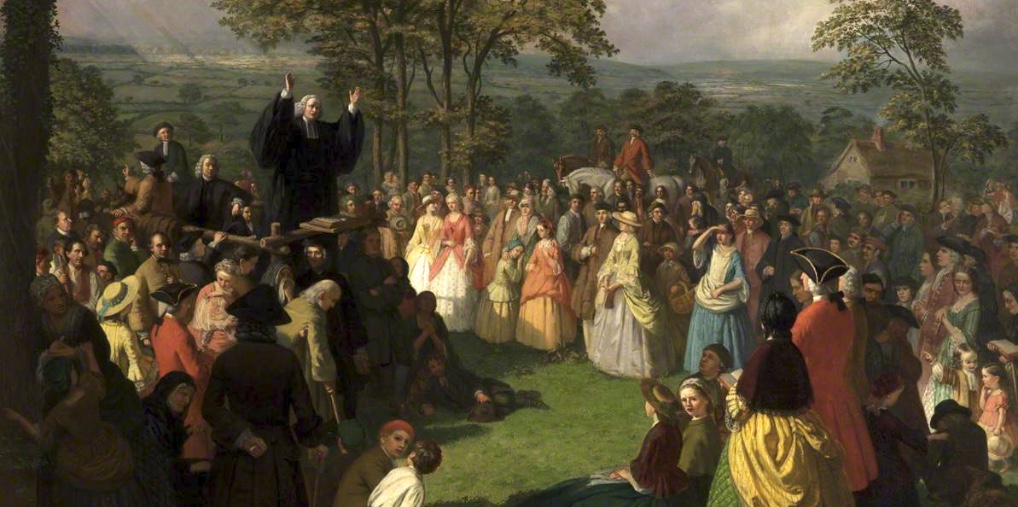Preaching is an odd art. It hardly makes sense in a small screen, short attention span, “who says so?”world such as ours. Where else in our world do we expect people to sit and listen for half an hour o more? We tend to judge preaching as we judge the what comes to us on our screens, by its ability to entertain, amuse, and confirm what we’ve already decided is true. Every preacher knows she or he has an audience to which they must play. We are tempted to learn our art from from the Jimmys Fallon and Kimmel.
The preacher can dress down and the sermon be dressed up with Power Point and video clips; it’s still and odd thing, this art of preaching. Indeed, preaching is at odds with the culture, but the church keeps on insisting that it is at the heart of who we are and what we do. Pastors are required to earn advanced degrees, they learn Greek and Hebrew and take courses in homiletics, the name we’ve given to this odd art – all for the sake of preaching.
Less the technological tools, preaching has always been an odd thing. Paul warns the young preacher Timothy to be ready for the discouragement that is sure to come.
…people will not endure sound teaching, but having itching ears they will accumulate for themselves teachers to suit their own passions, and will turn away from listening to the truth and wander off into myths. 2 Timothy 4:3-4
I am not preaching this Sunday. Tyler Stanhope is preaching and I will be sitting on the other side of the pulpit, the teaching desk. Tyler is a new preacher, and on Monday morning we will sit down to talk about how things went from a homiletical point of view. We’ll talk about the delivery and about the structure of the sermon. I am anticipating a really good sermon, but I’ll find a point or two of improvement to add to the praise for a job well done.
The criteria for assessing the content of Tyler’s sermon will not be its entertainment value, how well it amused, or whether it confirmed what I already believe. According the Confession of Faith, the question I must answer as mentor, pastor, teacher is “was it sound?”
The ordinary worship of God includes: the reverent and attentive reading of the Scriptures, the sound preaching and conscientious hearing of the word in obedience to God with understanding and faith; singing of psalms with grace in the heart; and the proper administration and right receiving of the sacraments instituted by Christ. Westminster Confession, Chapter 21
I think Tyler will preach a good sermon on Sunday. We may even be entertained and amused at points – do you know Tyler? – but mostly I know it will be sound preaching. I can hardly wait.
When Tyler and I sit down together to talk about how things went on Sunday, I am duty bound to offer an assessment of the soundness of what he said. At some point in our conversation Tyler is duty bound to turn the table on me. Did I do my part in Sunday’s sermon? Oh, not the notes I took as mentor, pastor, and teacher. Was I – and were we – conscientious in our hearing of the word preached?
Maybe more at odds with our culture than a preacher speaking soundly for thirty minutes or more is the whole lot of us listening conscientiously for thirty long minutes or more. We’ve all but lost that art in our small screen, short attention span, “who says so?” world.
The best question we can ask after we gather for worship on the Lord’s Day is not “How did the preacher do? Did he entertain, amuse, and confirm? Was he sound?” The best question we can ask after we gather for worship on the Lord’s Day is “Was I and were we conscientious in the hearing of the word preached?”
Tyler, when we meet for our post-Sunday debrief, be sure to ask some questions that might help me determine if I was conscientious in hearing the sound word you brought us.
See you Sunday

